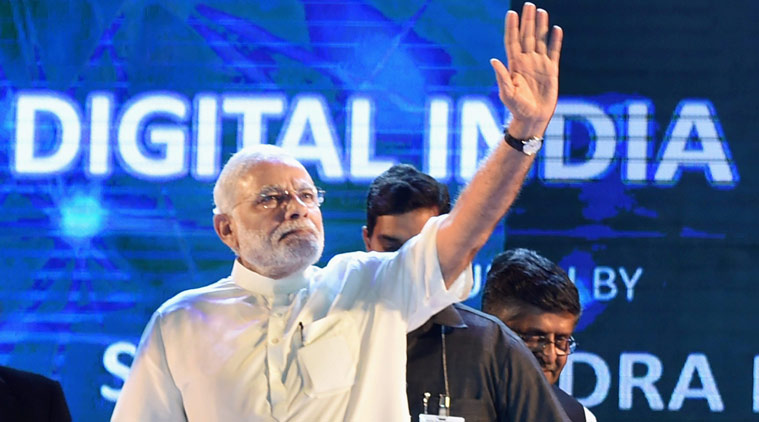Prime Minister Narendra Modi took the whole nation by surprise on Tuesday night by announcing that Rs. 500 and Rs.1000 would cease to be legal tender with effect from midnight. Then, within a span of a few hours Donald Trump stunned the world by defeating his heavily favored rival Hillary Clinton to win the US presidency. Market reaction to this double whammy was swift and the Sensex sank over a whopping 1,600 points as it opened on Wednesday morning, but again in a surprise turn the index staged a smart comeback to close 338 points down.
There’s no iota of doubt that the demonetization move is one of the boldest decision in the financial history of independent India. The reasons are obvious. First, it is rightly touted as a daring assault on the country’s black economy, which is exponentially expanding and crippling us from inside. The high denomination notes of Rs 500 and Rs 1,000 accounted for 86 percent of all currency notes and replacing these with new ones would certainly help curb the menace significantly. Second, the move is likely to take care of the mammoth problem of fake currencies in circulation. Terror organizations and hawala dealers will be hit hard by the decision.
Cash may no longer be king in India. The nation’s nascent digital economy stands to be the biggest beneficiary of its strongest crackdown on corruption since 1978.
Paytm, India’s largest digital wallet startup, hailed the move in the morning newspapers as it splashed Modi’s photograph in a full-page advertisement.
“This is the golden age to be a tech entrepreneur in India. Specially a fintech one,” tweeted Vijay Shekhar Sharma, the founder of Paytm, whose investors include Alibaba Group Holding Ltd. “Keep the money digital.”
In a nation where 98 percent of consumer payments are still made in cash and about a quarter of the $2 trillion economy is unaccounted for, Modi’s pushing for electronic transactions to improve transparency. The latest move is estimated to more than double annual growth at payment companies.


